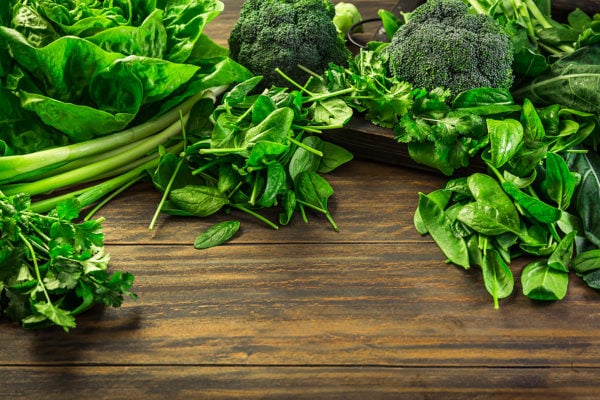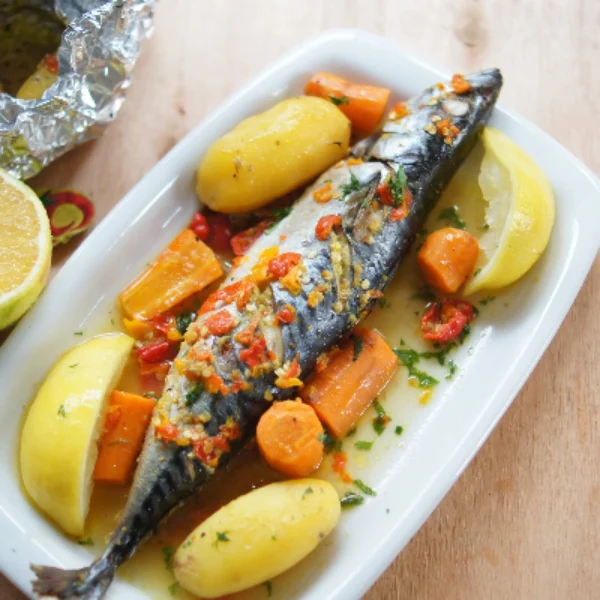Health
Leafy green vegetables, Sweet Potatoes… six best foods for eye health
By far the most important organs of sense are our eyes. It has been proven that 80% of what we perceive and learn comes through our sense of sight. Therefore, taking good care of your eyes should be of utmost priority.
Having your eyes checked regularly by professionals is important to prevent and treat eye problems.
However, the role of a nutritious and well-balanced diet can not be over-emphasised when trying to improve eyesight and prevent vision loss.
Several studies have shown that certain foods can help improve overall vision function when incorporated into one’s diet.
Without further ado, here are the foods that have been linked to good eye health.
Sweet potatoes

Sweet potatoes are excellently high in beta-carotene. Beta carotene is the primary source of vitamin A in the human diet. The body converts it to vitamin A when taken.
Vitamin A is essential for healthy eyesight as it allows the eye to stay lubricated and see in low-light conditions.
According to the American Academy of Ophthalmology, a deficiency in vitamin A can lead to night blindness.
To avoid night blindness, incorporate food rich in vitamin A in your diet. Sweet potatoes aren’t the only food in this category, carrots are also effective for this course.
Eggs

Eggs are rich in lutein and zeaxanthin. These nutrients, particularly lutein, are best known for their function in maintaining eye health.
Lutein and zeaxanthin are antioxidants that help protect the eyes from damage caused by free radicals.
Also, research in 2017 suggests that taking approximately 6 milligrams (mg) per day of lutein and zeaxanthin may lower a person’s risk of glaucoma and developing age-related macular degeneration (AMD) — an eye disease that can blur your central vision.
Adding eggs to your diet has, therefore, been proven to reduce your risk of major eye problems.
Nuts

Nuts such as almonds, walnuts, and cashews are high in omega-3 fatty acids. And this acid has been linked to improved eye health.
Omega-3 fatty acids help protect the eyes, particularly the retina, from damage and degeneration.
Several doctors and studies have also recommended omega-3 fatty acids for the treatment of dry eye syndrome.
Dry eye syndrome affects the layers of tears that cover your cornea. It happens when you don’t have enough tears or when your tears evaporate too quickly. It has also been reported that it can reduce visual function and quality of life.
Beans

Beans and other legumes like chickpeas, kidney beans, and lentils are foods you should add to your diet to improve and protect your eyesight.
The above-listed legumes are rich sources of zinc. Zinc is a mineral that helps maintain the health of the retina, cell membranes, and protein structure of the eye.
Zinc also allows vitamin A to travel from the liver to the retina to produce melanin. Melanin is a pigment that protects the eyes from UV light.
Taking 40-80 mg of zinc alongside other antioxidants like beta carotene, vitamin E, and C each day could slow the progression of advanced age-related macular degeneration (AMD) by 25% and visual acuity by 19%, according to the American Optometric Association.
Leafy green vegetables

Leafy green vegetables like ugu, efo, and spinach have the tendency to promote good vision.
Leafy green vegetables are rich in both lutein and zeaxanthin and are also a good source of eye-friendly vitamins C and E.
Vitamin C helps to protect the eyes against UV light damage.
A study that involves over 1,000 women found that participants who consumed more vitamin C showed a reduction in the risk of cataract progression by 33%.
So henceforth, go green with your diet for the sake of your eyes.
Oily fish

Oily fishes — including salmon, mackerel tuna, and sardine — are fishes that have oil in their gut and body tissue. So eating them offers higher levels of omega-3-rich fish oil and vitamin B3 (niacin).
A study has proven that “greater niacin intake may be associated with a lower chance of developing glaucoma”.
Also, taking water is important for overall eye health.
Drinking enough water helps to keep the body hydrated, including the eyes. As water helps lubricate the eyes.
Lubrication is necessary to keep the eyes moist and remove dust particles and other small particles that get in the eyes.












